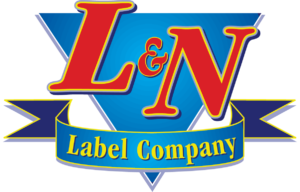According to a study of 2,000 people by OnePoll that was commissioned by my company, 75% of respondents noted that if the term “organic” was used in product marketing, they were more likely to purchase it, and nearly 60% would be attracted to an item that was labeled “all natural.”
The survey also found that about 20% of respondents have full trust in organic food labels for products, with 57% having only partial trust.
Organic Food Is Getting Popular
Other studies reported by the Pew Research Center underscore these findings: Americans’ desire for organic food has grown steadily over the past few decades, and the majority of Americans buy food based on product labeling.
Non Gmo, Hormone Free, All Natural, What Are These Terms?
Today, I’ve observed consumers are bombarded with buzzwords — such as “organic,” “non-GMO,” “hormone-free” or “all natural” — as they stroll up and down the grocery store aisles.
It’s true that brands are under intense pressure to sell and move their products off the shelves. Trendy words and marketing catchphrases can help attract consumers, but these phrases that imply a product is healthy (when it really isn’t) can create confusion for the purchaser and blur the lines between what is accurate and what isn’t.
- Focus on the long term – not fast sales – A label can sell your product, but it can also affect your reputation. Think carefully before you add the latest buzzwords to your labeling. Make sure it actually relates to your product and that the information is accurate. It’s more valuable to attract a loyal customer versus just a one-time buyer.
- Dont Lie or Make False Claims on Your Labels – There have been cases of brands making fraudulent claims that their food is “organic.” This is why accurately describing your products on labeling is critical.
- Make Your Labels Clear to read – It’s important to communicate messages about your product clearly and truthfully. For example, when buying something simple, such as a carton of eggs, the consumer is often faced with a variety of terms: “organic,” “cage-free,” “free-range,” “pasture-raised” and “certified humane.” If you aren’t familiar with what these terms mean, it’s challenging to understand the differences in these labels. I believe the current food market creates an environment that makes it difficult for consumers to understand the intricacies of the industry, which tends to keep things complicated.
- Work to Gain Consumers Trust, Not sales – If what you say today sells your product but results in losing the trust of your customers, they won’t be returning. While the trendy phrases found on labeling might initially attract new customers, repeat customers will not be guaranteed.





